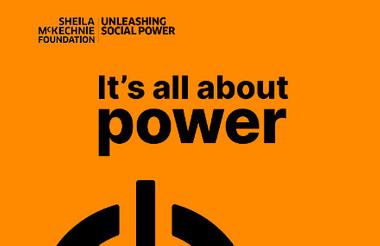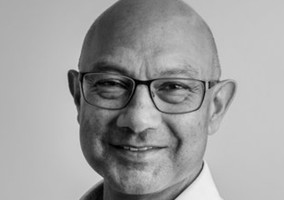Charities need to think differently about power and stop “tokenistic” approaches to working with people who have first-hand experience, the Sheila McKechnie Foundation (SMK) has said.
The charity’s early findings of a two-year inquiry into civil society, social change and first-hand experience of poverty and inequalities, are published today in a report called It’s All About Power.
The project was supported by the Cornerstone Fund and 300 people have contributed to the research in some way.
While the report found that there is genuine desire to work closely with people who have lived experience, more progress is needed, because current efforts “fall woefully short”.
The report adds: “Those with first-hand experience told us that, too often, their experience is used in ways that are tokenistic, or even exploitative. The formal social sector is not always a welcoming place and examples of genuine, equitable partnerships are rare.”
SMK identifies cultural, financial and strategic barriers to building truly equitable relationships, and warns that the sector is missing out on achieving its potential.
Bushra Ahmed, West Croydon Voice campaigner, SMK trustee, and participant in the Power Project said: “I was told over and over as a campaigner that power lies in the grassroots, but my experience taught me different.”
She added that the way decision-makers behave can make her feel “totally disempowered”.
“But I’ve learned that the community insight that campaigners like myself bring to the table is just as valuable as anyone else’s perspective – and in fact necessary,” she said.
Facing an ‘existential threat’
SMK warns that failing to address the issue means charities will lose their legitimacy. The report says that some people who have become disillusioned with formal structures have already stopped engaging with social sector organisations.
Sue Tibballs, SMK chief executive, said: “Without a change, we believe that social sector organisations face an existential threat – alienated from the people they were created to support, they risk losing legitimacy and even perpetuating the very inequalities they work to tackle.
“So, we are issuing a challenge but also an invitation. It’s time to move on from outmoded ideas of charity and philanthropy and reshape how we work for social change.”
The report includes tools that will help people examine the power dynamics at work across their whole organisation. Over the next two years, SMK will continue to explore these ideas and how to implement changes.
Related articles











